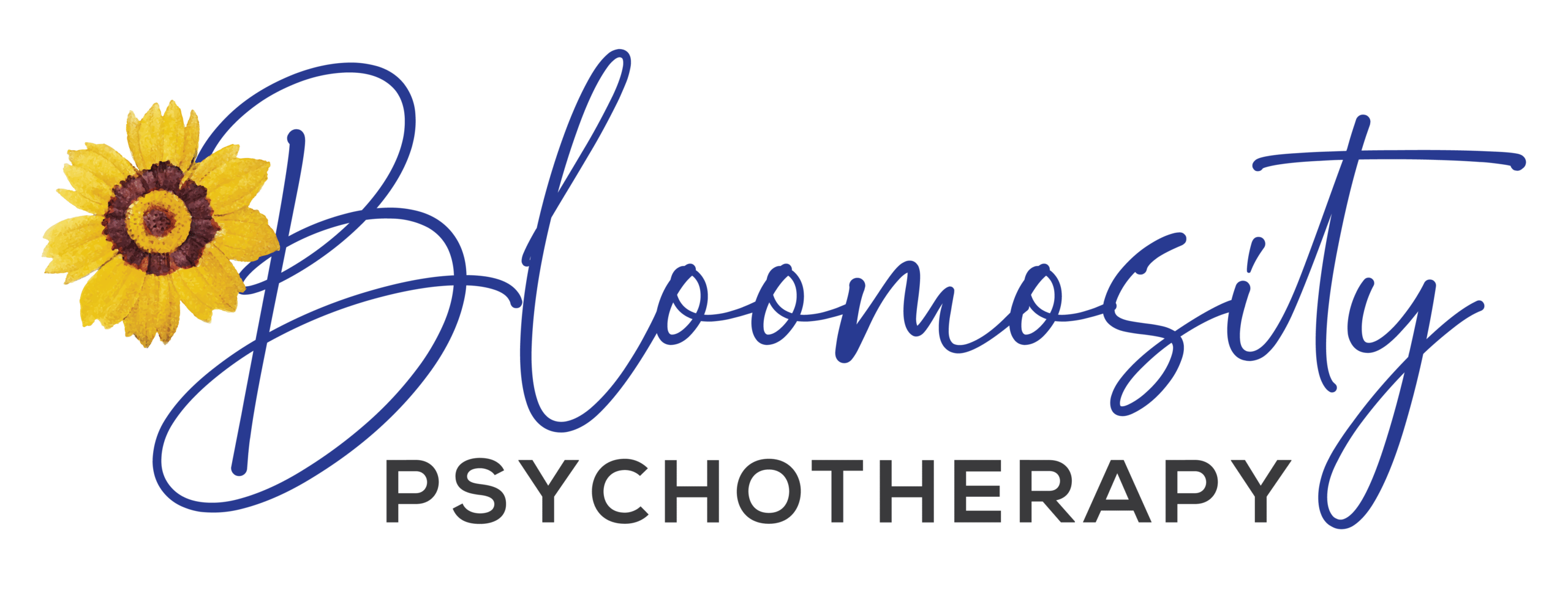Psychotherapy Effectiveness
According to Wampold (2010), psychotherapy is an effective treatment for depression, anxiety, marital dissatisfaction, addiction and sexual dysfunction. He states that the “average person who receives psychotherapy is better off than about 80% who do not”. As well, psychotherapy is clinically proven to be as effective as medication. Moreover, the effects are longer lasting and resistance to treatment is lower.
When people receive medication for treatment, the body can build up a resistance. As well, people are more likely to “relapse” when being treated with medication. That is, they begin experiencing their issues again sooner. The beneficial effects of psychotherapy have been proven in “real life” research studies. These studies are clinically controlled, scientific studies.
Research demonstrates that there are four common elements needed for effective therapy outcomes. According to Lambert (1992), these are:
(1) the client’s situation outside therapy (motivation, resources e.g. social support, relationships)
(2) the client and therapist relationship
(3) hope that therapy will be beneficial
(4) approach used is appropriate for the particular client.
Psychotherapy History
By the late 19th century, progress had been made in the medical world to find treatments for biological issues in the body. In the early 20th century, the emerging scientific view was that illness in the body had a physical cause and that treatment required altering the biological system of the physical body. “Mind Cures” that were developed to heal the body through mind, faith or spirituality, caused conflict for such a physical view of treatment.
“Mind Cures” were discredited by the scientific community. However, the medical community eventually accepted Freud’s psychoanalysis into their model for treatment.
Psychotherapy Theories
Psychotherapy has historically been known as the “talk therapy” and has its roots in Psychoanalytical (Freudian) theory. Freud’s psychotherapy focuses on negative aspects of the human condition (hysteria, sexual issues) and is based on non-observable conditions of the mind. Carl Jung and Alfred Adler, who were students of Freud, disagreed with Freud and developed their own theories. These theories had a more positive view of the human condition.
Another theory of psychology to emerge in the 1920’s – 1940’s was called “behaviourism”. The behaviourists (most notably, Pavlov, Watson and Skinner) emphasized the scientific method. That is, they supported theories of human behaviour based on what could be observed and measured.
While behaviourist approaches were demonstrated to be effective, they were criticized for not taking into consideration the human condition. That is, these theories did not account for the thoughts, feelings and emotions we have.
Following WWII, a new theory in psychotherapy emerged termed “Humanism”. The founders of this theoretical orientation (Rogers, Frankl, Maslow) found the Behaviourist approach flawed since it was missing one critical element, the human condition and what it means to be human. The positively oriented Humanistic approach recognizes the client’s worldview, their desire to grow and self-actualize, free-will and respect for every individual.
Current Approaches
Psychotherapists follow theories that are compatible with their world view. They may follow a variety of approaches, depending on their skills and training, and the client’s needs.
One of the more commonly used approaches is Cognitive Behavioural Therapy (CBT). There are many different therapies that emerge from CBT. For example, Dialectic Behavioural Therapy (DBT), Mindfulness-Based Cognitive Therapy (MBCT) and Acceptance and Commitment Therapy (ACT), are just a few.
There is also an approach that is holistic in nature and combines the body, mind and spirit. This approach stems from a Humanistic-Existential theory and is known as Transpersonal Therapy.
More recent theories in psychotherapy focus on ethics, morals, history and social science. Post-modern theories embrace multiculturalism, feminism and sexual identity.
In conclusion, psychotherapy is a proven, effective method for addressing human concerns. Your work is to find a therapist that you are comfortable with – one that is caring, non-judgmental, enthusiastic in their choice of theory, and helps YOU.
Also, while it is important to find a therapist with knowledge and skills, know that the length of time a therapist has been practicing and their level of education is NOT necessarily an indicator that this is the right therapist for you. Trust your instincts. If you feel a connection with the therapist and are feeling better working with this therapist, then you have found the “right” therapist and therapy!
